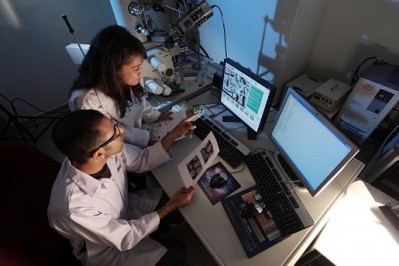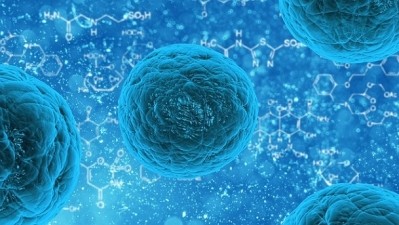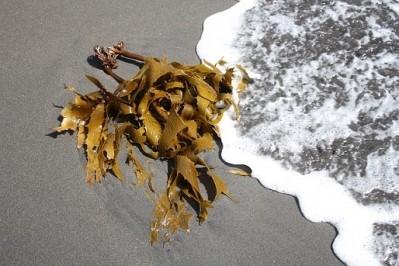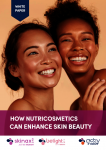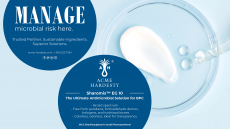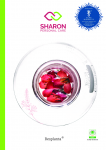Nanoparticles in English Ivy could lead to synthetic cosmetic adhesives
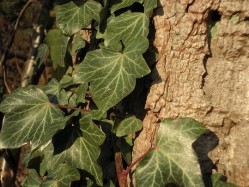
The team’s lead scientist, Professor Mingjun Zhang, has worked with English Ivy before. In 2012, he published research in the Journal of NanoBiotechnology on the potential for nanoparticles from the plant to act as a UV protectant. Those particular nanoparticles were found in the roots of the English Ivy.
This latest research is about the liquid excreted by those roots, which binds the ivy to vertical surfaces. “The adhesive does not just sit on the surface of an object the ivy is clinging to but finds its way into nanoscale openings, further solidifying its bonds,” Zhang tells Belle Dumé of nanotechweb.org.
The discovery
To document their findings about the adhesive, Zhang and his team submitted an item to the PNSA—the Proceedings of the National Academy of Sciences of the United States of America. And, as of late last month their article, “Nanospherical arabinogalactan proteins are a key component of the high-strength adhesive secreted by English ivy,” is available online.
The glue-like substance is mostly round nanoparticles called arabinogalactan proteins (or AGPs). These proteins are, according to the published abstract, “a superfamily of hydroxyproline-rich glycoproteins present in the extracellular spaces of plant cells.” Having a low viscosity, the AGPs dampen surfaces easily. Once that’s done electrostatic interactions set the gluing action in motion.
“Calcium-driven electrostatic interactions among carboxyl groups of the AGPs and the pectic acids give rise to the cross-linking of the exuded adhesive substances” explain the researchers.
The interactions then “favor subsequent curing (hardening) via formation of an adhesive film, and eventually promote the generation of mechanical interlocking between the adventitious roots of English ivy and the surface of substrates.”
The business
The team is optimistic that their work will further human understanding of botanic adhesives. (English Ivy isn’t the only plant that uses AGPs and pectic polysaccharides to climb the surfaces it lives on.)
Beyond this, their discoveries have commercial potential. “The finding might help make artificial adhesives for military, medical and cosmetic applications,” observes Dumé.
The researchers created an ivy-mimetic adhesive composite with purified AGP-rich ivy nanoparticles as well as pectic polysaccharides and calcium ions. Tensile test results suggest that the team’s hypothesis about the behavior and function of the English Ivy’s liquid adhesive is correct. So the basic chemistry of it can likely be put to use by industry.
